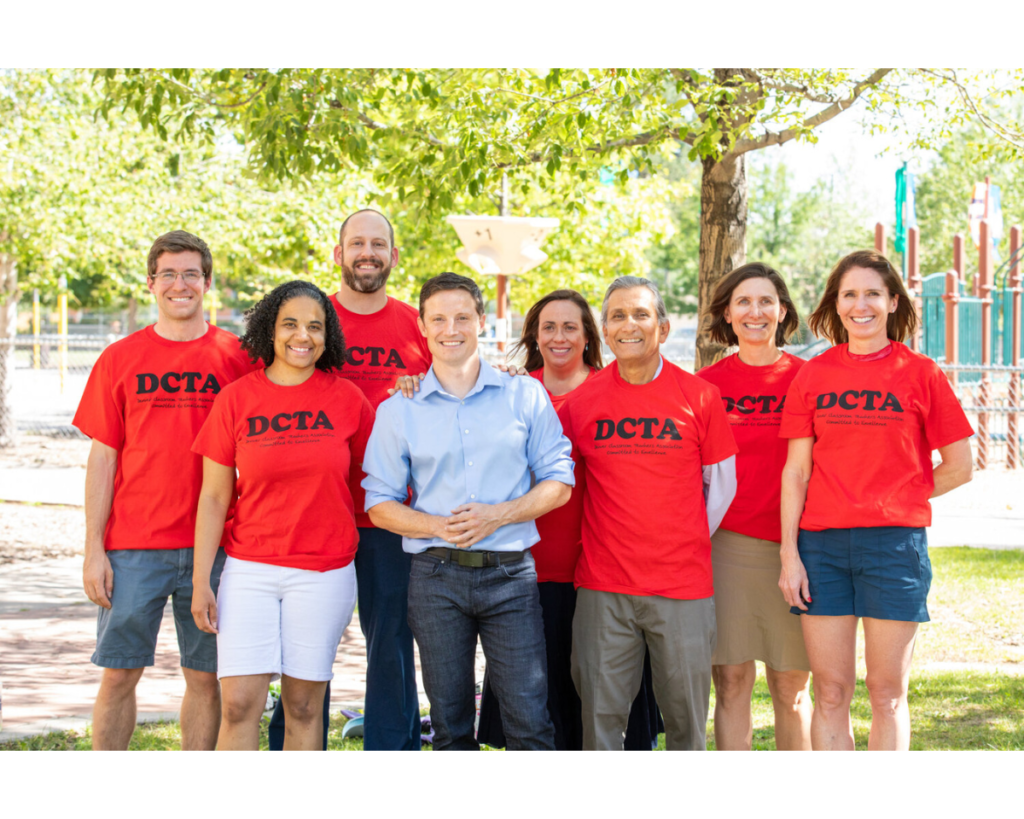Last week I came across the latest example of at least one Denver’s school board member focusing on the trivial in place of substance, while simultaneously trying to use board power to breathe down the neck of innovation schools.
In a little-noticed 9 a.m. work session on Friday the 13th, board member Scott Baldermann introduced an ‘executive limitation’ that would instruct Superintendent Alex Marrero to reject any innovation school’s proposal to start the school year early “if the purpose of the waiver is to receive an advantage on standardized tests.”
This smacks of unnecessarily obtrusive micro-managing by the governing body of Denver Public Schools. It’s hard even to begin to understand why this caught Baldermann’s attention, and I struggle to comprehend his reasoning even after a lengthy text-message exchange I had with him on the subject.
Fortunately, Marrero and other board members sounded skeptical at best about this proposal. “I think this is potentially creating stress over something that is in no way helpful or relevant,” board member Scott Esserman said Monday during a follow-up session on the topic.
Baldemann wasn’t quite willing to give up. He asked DPS staff Monday to contact some innovation school leaders to hear how this proposed language would affect their plans.
Baldermann said he proposed this policy because he was bothered by language in some innovation plans that expressly stated that one reason for starting the school year early was to improve scores on the Colorado Measures of Academic Success (CMAS) annual tests.
His biggest ally was DPS general Counsel Aaron Thompson, who seemed suspicious of innovation school motivations. “They can come up with a hundred different reasons why they may want an early start,” he said. “But it’s something that the district has suspected, that (innovation) schools are trying to push up so they have more prep time before those standardized tests.”
In our text conversation, Baldermann cited Merrill Middle School’s innovation plan as an especially egregious example. Here’s language from the Merril plan, written in 2018 (the boldfacing is mine, for emphasis):
“We need calendar flexibilities to allow us more time with students in the critical period before testing, enabling us to be more targeted with data, instruction, curriculum, and interventions to close gaps for diverse learners. Merrill teachers are highly reflective and analytical and have recognized that the set DPS calendar is not necessarily the best for our diverse student population. Teachers are the most equipped to provide input on the calendar as they best understand the nuanced needs of the students and how they change throughout the year. Teacher voice is imperative in crafting a yearly schedule that will yield high teacher morale, maximize instructional time during the calendar year, and enable us to serve students where they learn best to close gaps.”
Why would the “critical period before state testing” be the phrase that jumps out at Baldermann, rather than the part about teacher voice?
“More instructional time for learning makes total sense, but starting the school year early to improve test scores does not. Instead of a school starting early, why not extend the end of their school year?” Baldermann replied when I asked about his objection.
Here’s where Baldermann loses me. If you believe state tests provide no meaningful information and amount to little more than a beauty contest among schools, then jumping the gun on the school year might seem like cheating.
But if state tests have any validity when it comes to measuring how groups of students are performing in individual schools, then starting early at least has the potential to help struggling students make gains, as demonstrated by the test results.
Yes, state tests are imperfect.The most extreme anti-test true-believers insist they measure little more than socioeconomic status. Put me in the camp that sees the tests as one useful measure, best used as one component of a broader body of evidence.
Unless and until we come up with better, more rigorous measures, CMAS is what we have to work with. And the tests do tell us a great deal about how schools are preparing students for success.
Baldermann said it would be “more equitable” for a school like Merrill to start the year early for struggling students while having a more traditional, later start-date for other students. That strikes me as attempting to close achievement gaps by reining in high-performers as much as accelerating struggling students.
Baldermann asked me to point out that Merrill doesn’t, in fact, follow the calendar proposed in its innovation plan. Instead, he said, they bring in sixth-graders early to adjust to their new school, before seventh- and eighth-graders arrive later in the week. He said the middle school his son attends follows that same practice.
“I support those flexibilities because it’s about the well-being of sixth-graders. It has nothing to do with state tests,” he told me.
I left our conversation puzzled about Baldermann’s fixation on what he sees as schools trying to game the state-test regimen. Why does he care? And why can’t he turn his intelligence and sharp eye for detail to issues that could have a positive impact on DPS students?




